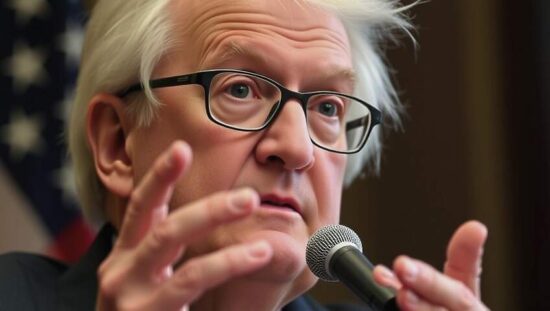Economist and Nobel laureate Joseph Stiglitz has sounded the alarm over the economic consequences of the US government’s attacks on Harvard and other universities. Stiglitz, a professor of economics at Columbia University, has warned that the attempt to ban international students from attending Harvard is a “direct attack on our universities” and a “brutal assault on the fundamental institutions of our society”.
Stiglitz believes that President Trump’s actions are a deliberate attempt to subjugate the US universities, saying that by targeting Harvard, Trump is demonstrating his ability to destroy the most prominent university in the US. The government’s demands, the economist argues, have completely undermined the academic freedom and autonomy of the university and Harvard has rightfully resisted these demands.
Stiglitz is now concerned about a “reverse brain drain”, where the best US scientists and researchers flee to Europe, citing the restrictions on academic freedom that the Trump administration appears to be imposing. “With the academic freedom being restricted, as the Trump administration seems to be intent on, nothing can thrive in science” he said. This, he warned, would ultimately lead to significant economic damage to the US, as the country’s technological leadership is built on its universities, both through the education they offer and the research that takes place there.
Stiglitz also criticized Trump’s neglect of the enormous value of scientific and educational services that the US exports, saying that the president’s actions against Harvard have effectively announced that the US is pulling out of this market. “That will, in reality, massively worsen the trade deficit” he added.
Furthermore, Stiglitz lamented the pressure being exerted on Columbia University, where he teaches, saying that Trump has accused the institution of not doing enough to protect Jewish students. Although Stiglitz has never experienced discrimination at Columbia, he acknowledged that the university does take action against explicitly anti-Semitic incidents and that some students may express views that are uncomfortable or unpopular, but this is a natural part of the free exchange of ideas.





